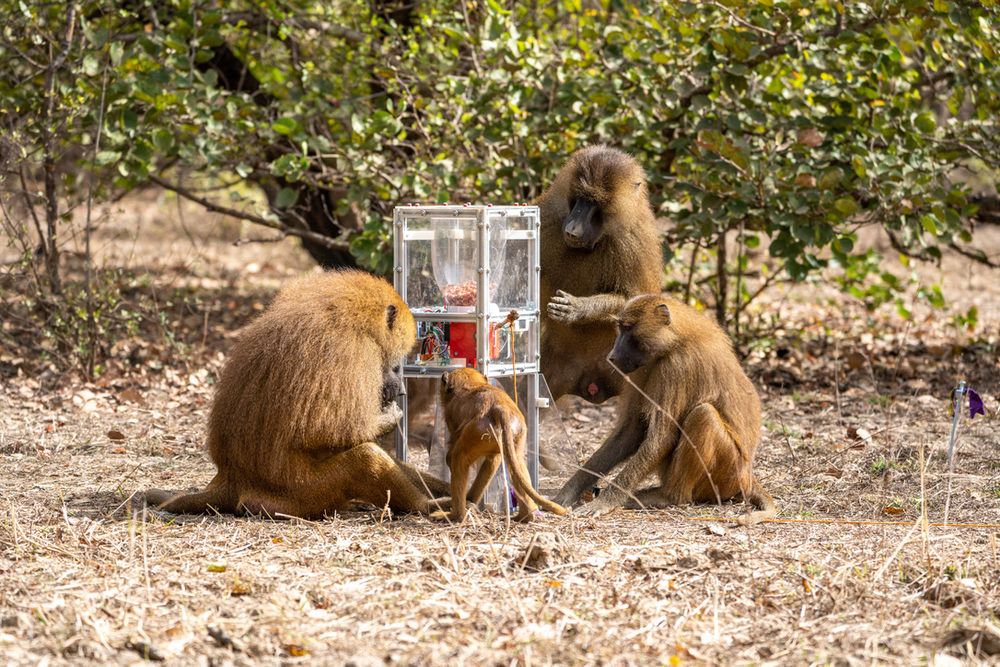
Personal website: https://williamohearn.weebly.com/





2nd December, Cyril Grüter, University of Oxford, UK
Title: Evolution of Inter-Group Social Dynamics and Multilevel Organization in Primates
Zoom link opens at 16 :45 /10:45
urosario.zoom.us/j/87594920134
YouTube channel. www.youtube.com/channel/UClX...

2nd December, Cyril Grüter, University of Oxford, UK
Title: Evolution of Inter-Group Social Dynamics and Multilevel Organization in Primates
Zoom link opens at 16 :45 /10:45
urosario.zoom.us/j/87594920134
YouTube channel. www.youtube.com/channel/UClX...
Johns Hopkins Psych & Brain Sciences is looking for a new colleague using behavioral or computational approaches to study cognition!
We are excited about many areas of (esp higher) cognition in human adults, children, or nonhuman animals
Open-rank
apply.interfolio.com/178146

Johns Hopkins Psych & Brain Sciences is looking for a new colleague using behavioral or computational approaches to study cognition!
We are excited about many areas of (esp higher) cognition in human adults, children, or nonhuman animals
Open-rank
apply.interfolio.com/178146
We built a field touchscreen + real-time facial recognition system (YOLOv7) that lets wild capuchins “log in” and complete individualized cognitive tasks.
@emoryuniversity.bsky.social @gatechengineers.bsky.social
#PrimateCognition #AI


We built a field touchscreen + real-time facial recognition system (YOLOv7) that lets wild capuchins “log in” and complete individualized cognitive tasks.
@emoryuniversity.bsky.social @gatechengineers.bsky.social
#PrimateCognition #AI
We propose a framework to empirically study animal social relationships by modelling social network (SN) data as time-series—that is, without the need to aggregate them over time.
www.biorxiv.org/content/10.1...

We propose a framework to empirically study animal social relationships by modelling social network (SN) data as time-series—that is, without the need to aggregate them over time.
www.biorxiv.org/content/10.1...

In our new @cp-trendsecolevo.bsky.social paper, we outline testable predictions for why relationship quality and quantity adaptively vary across socio-ecological contexts.
tinyurl.com/55dnkeh7

In our new @cp-trendsecolevo.bsky.social paper, we outline testable predictions for why relationship quality and quantity adaptively vary across socio-ecological contexts.
tinyurl.com/55dnkeh7
Check out our new review paper on social evaluation, with a particular focus on the cognitive mechanisms involved in assessing others' skills and competence 👇
@mariehirel.bsky.social, @williamohearn.bsky.social and @julxf.bsky.social made this happen
www.sciencedirect.com/science/arti...

Check out our new review paper on social evaluation, with a particular focus on the cognitive mechanisms involved in assessing others' skills and competence 👇
@mariehirel.bsky.social, @williamohearn.bsky.social and @julxf.bsky.social made this happen
www.sciencedirect.com/science/arti...

@mariehirel.bsky.social, @williamohearn.bsky.social and @julxf.bsky.social made this happen
www.sciencedirect.com/science/arti...
royalsocietypublishing.org/doi/10.1098/...

royalsocietypublishing.org/doi/10.1098/...
royalsocietypublishing.org/doi/10.1098/...

royalsocietypublishing.org/doi/10.1098/...
With my amazing supervisor @robinmorrison.bsky.social and the @savinggorillas.bsky.social, we examined female dispersal decisions in mountain gorillas.
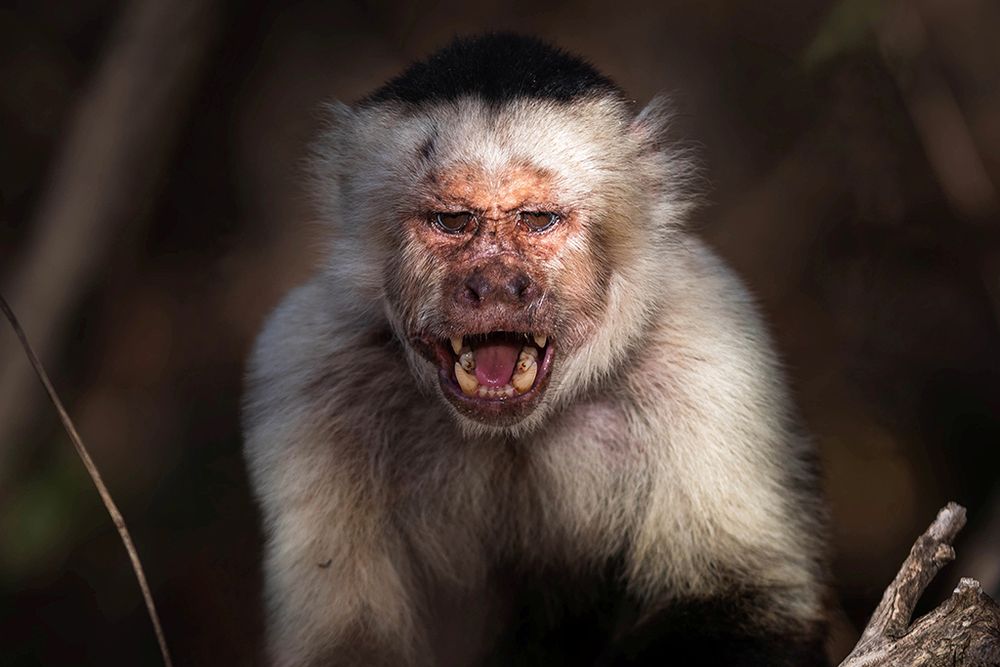
With my amazing supervisor @robinmorrison.bsky.social and the @savinggorillas.bsky.social, we examined female dispersal decisions in mountain gorillas.
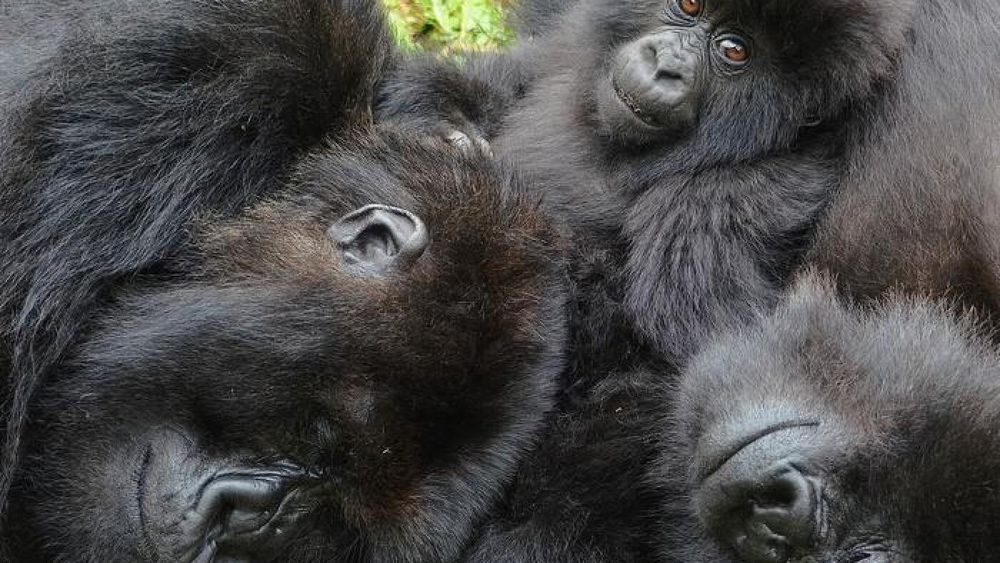

doi.org/10.1093/biol...
w. @darrencroft.bsky.social @drwhale.bsky.social @mialybkaer.bsky.social, Dan Franks
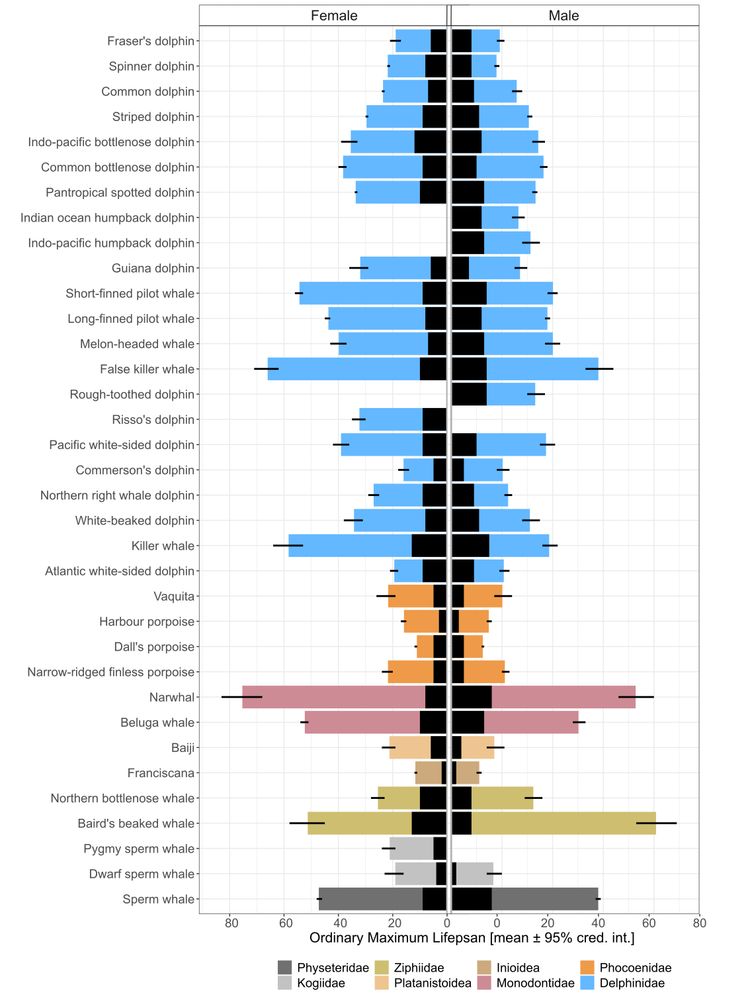
doi.org/10.1093/biol...
w. @darrencroft.bsky.social @drwhale.bsky.social @mialybkaer.bsky.social, Dan Franks
In this study, led by Daniela Perez and Serena Ding, we show that nematode self-assembling towers occur in nature and can serve as a collective dispersal mechanism 🪱
Check out a video where Daniela explains the findings and the paper here 👇
Everybody, meet the wormuration 🪱🪱
Latest paper by Daniela Perez, Serena Ding and team @uni-konstanz.de
Paper: doi.org/10.1016/j.cu...
youtube.com/shorts/F8QVc...
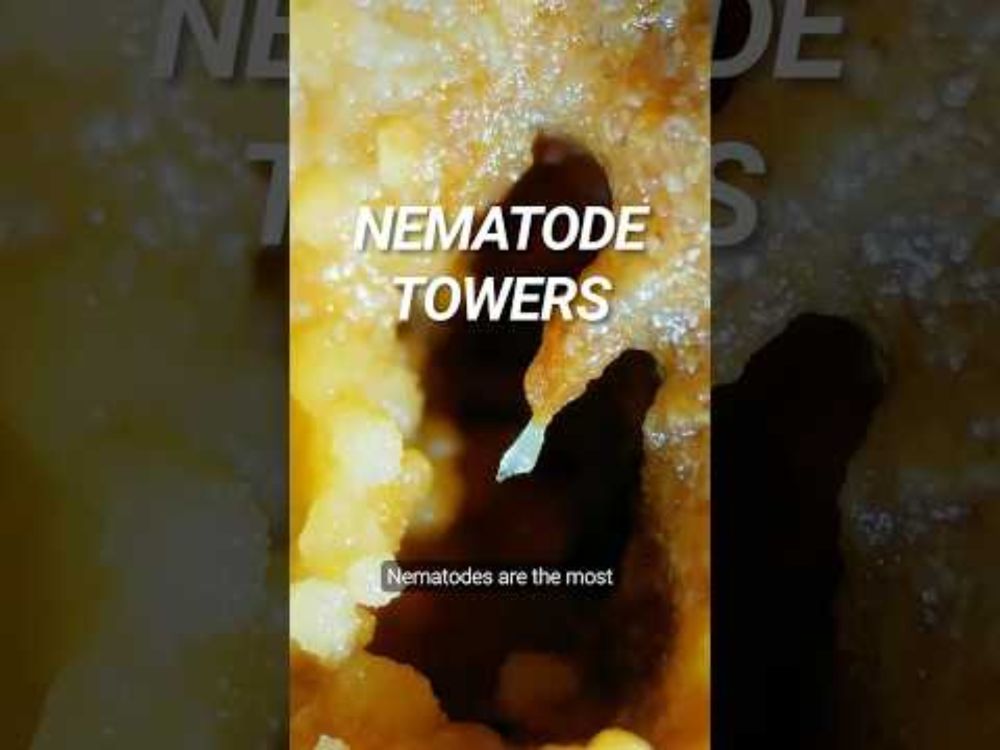
In this study, led by Daniela Perez and Serena Ding, we show that nematode self-assembling towers occur in nature and can serve as a collective dispersal mechanism 🪱
Check out a video where Daniela explains the findings and the paper here 👇
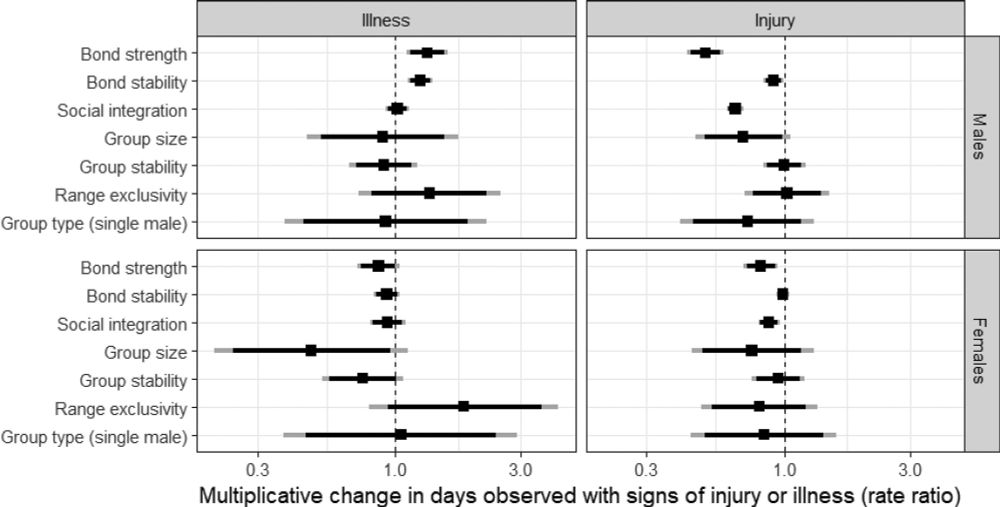
animalecologyinfocus.com/2025/04/10/m...
#Macaques #BigTeamScience #ComparativeResearch

